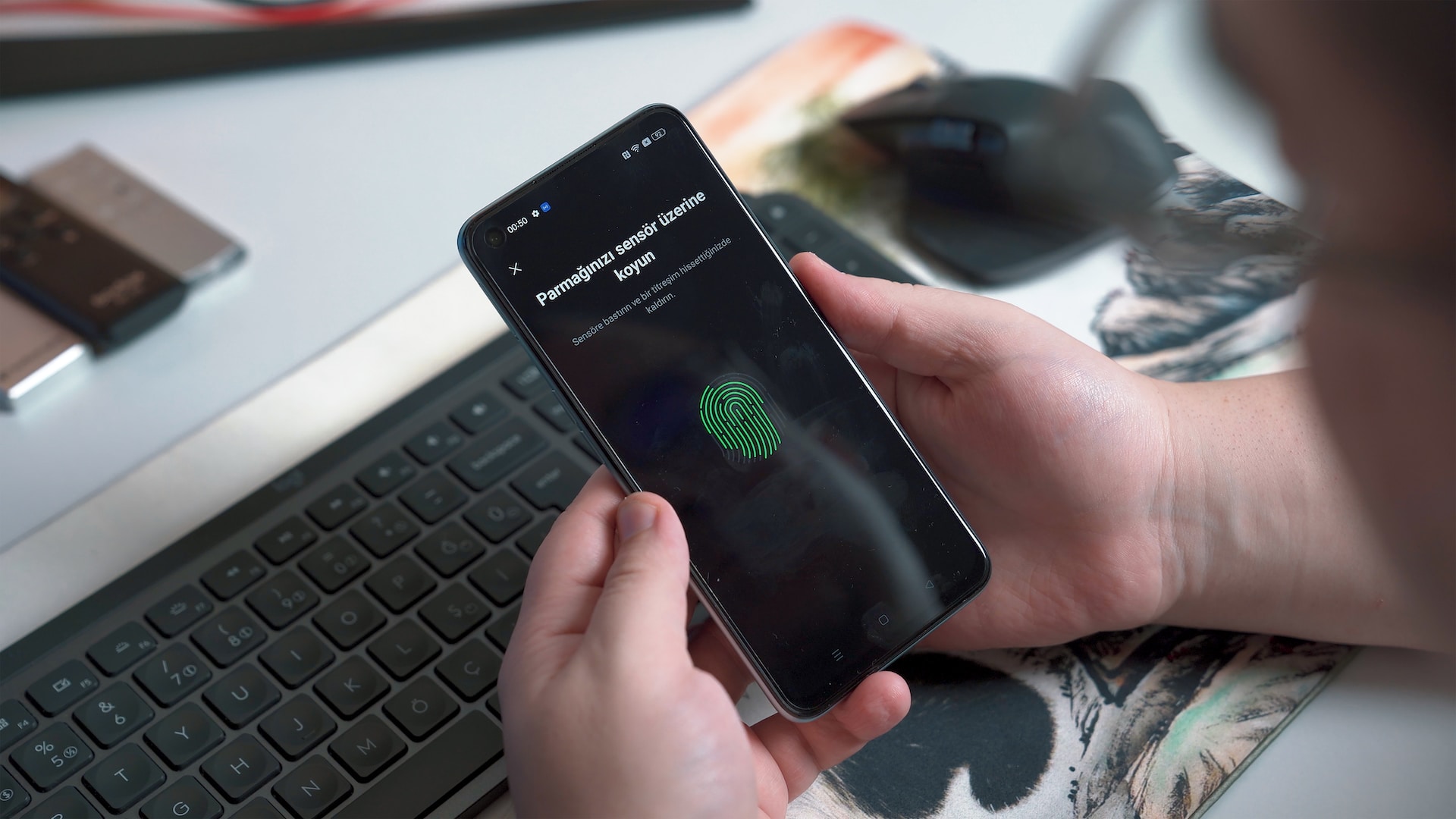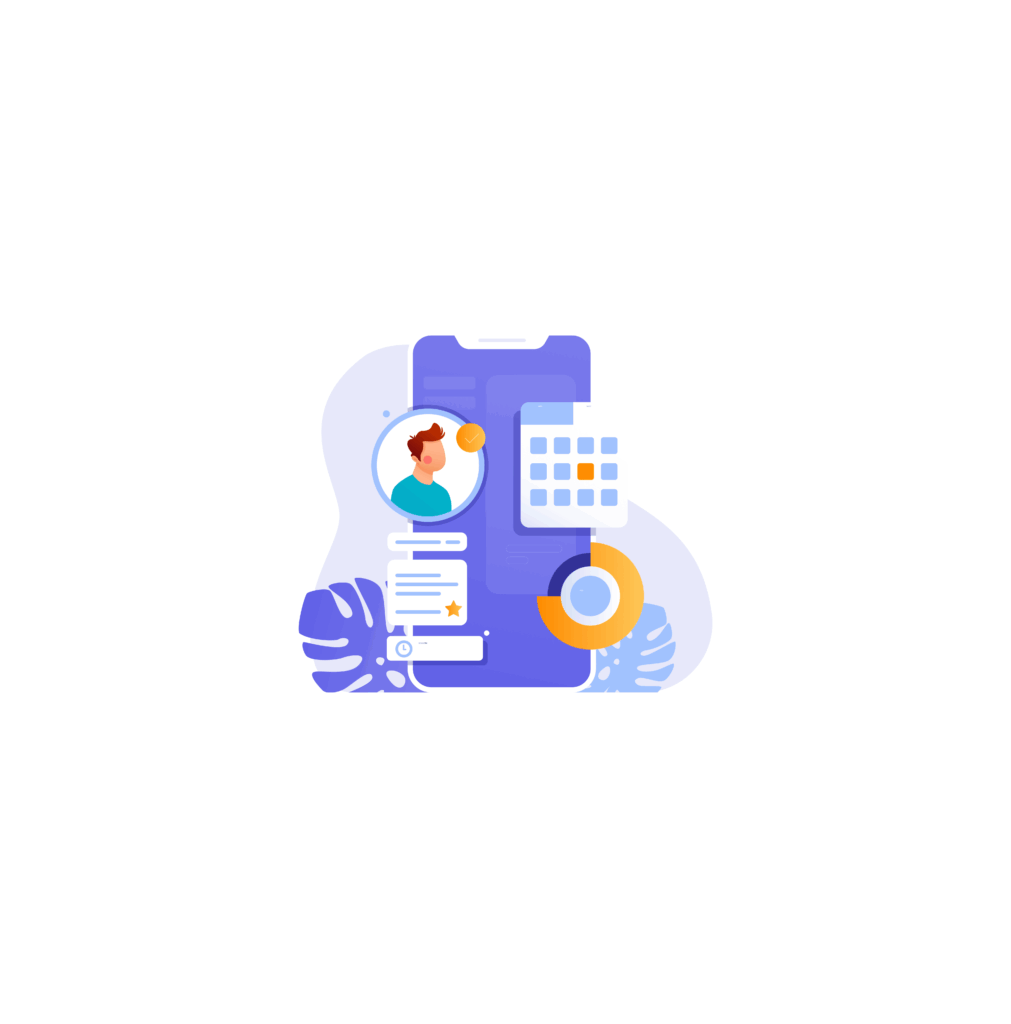In today’s digital age, our personal data is more valuable than ever. As mobile apps have become an integral part of our lives, it’s crucial to ensure that user data is protected from any malicious activities. In this blog post, we will discuss best practices for protecting user data in mobile apps. We’ll dive into the importance of secure coding and multi-factor authentication, and how they enhance data security. We’ll also explain the significance of data encryption and staying updated on current mobile vulnerabilities. Additionally, we will explore the risks associated with third-party libraries and best practices for controlling data sharing between apps. Lastly, we’ll emphasize the importance of regular security audits and assessments in safeguarding user data. By following these best practices, you can ensure that your users’ personal information is always safe and secure while using your mobile app.
Understanding Data Protection and Privacy in Mobile Apps
Implementing data privacy best practices is crucial for mobile app security. Compliance with data protection laws is a must for mobile apps, ensuring user data protection. Protecting customer information and maintaining data security standards are vital. Data breaches can result in consumer data falling into the wrong hands, highlighting the importance of risk management. In addition, embracing unexpected events and security teams helps safeguard private data.
What is Secure Coding?
Secure coding practices are crucial for safeguarding user data in mobile apps. Additionally, by implementing secure coding principles, developers can enhance data security and maintain industry standards. Understanding the importance of secure coding is essential for protecting user data effectively.
How Does Secure Coding Protect User Data?
Secure coding prevents potential data breaches by implementing practices that enhance user data protection in mobile apps. It plays a crucial role in maintaining user data privacy and contributes to data security standards. Further, protecting user data through secure coding practices is essential for mobile app security.
Here’s an article on Product Security vs Application Security: What’s the Difference?
What is Multi-Factor Authentication?
Multi-factor authentication is a security measure that requires users to provide multiple forms of verification, such as passwords, biometrics, or security tokens, in order to access their mobile app accounts. Moreover, by implementing this feature, mobile app developers can add an extra layer of protection against unauthorized access, which is crucial for enhancing user data security. Understanding the concept of multi-factor authentication is essential for implementing robust data privacy practices in mobile app development.
How Does Multi-Factor Authentication Enhance Data Security?
To ensure the safety of user data in mobile apps, it is crucial to incorporate multi-factor authentication. This security measure provides an additional layer of protection by requiring several forms of identification, including passwords, biometrics, or security tokens. With multi-factor authentication in place, unauthorized access is effectively prevented, and data security is significantly enhanced. In addition, by implementing this vital security feature, mobile app developers can maintain the highest standards of protection for user data.
Check out an article on Android App Development.
Understanding Data Encryption to Protect User Data in Mobile Apps
Data encryption in mobile apps is crucial for protecting sensitive information from unauthorized access and potential threats. It also ensures compliance with data privacy regulations and maintains privacy standards through encryption key management. By safeguarding user activity and personal information, encryption plays a vital role in enhancing data security. Furthermore, implementing encryption safeguards credit card details, email addresses, and other consumer data, ensuring they do not fall into the wrong hands.
How Does Encryption Protect User Data?
Encryption plays a vital role in safeguarding user data by securing personal information and preventing unauthorized access and data breaches. It ensures compliance with privacy regulations and protects sensitive information from potential threats. Encryption is crucial for maintaining data privacy laws and implementing robust security measures.
An article about Fintech Security: AI Solutions for Safe Transactions might interest you.
Staying Updated on Current Mobile Vulnerabilities
Remaining aware of mobile vulnerabilities is pivotal for safeguarding user data. Understanding potential threats to user data and staying updated on mobile vulnerabilities are essential for preventing data breaches. It is crucial to be informed about current mobile vulnerabilities in order to protect user data effectively. Keeping track of mobile security measures plays a vital role in ensuring robust data protection.
The Impact of Mobile Vulnerabilities on User Data
Mobile vulnerabilities, if exploited, may compromise user data privacy. Unauthorized access due to these vulnerabilities poses a significant risk to sensitive information, including email addresses and customer data. In the wrong hands, such data can lead to severe repercussions, including potential breaches of regulations like the California Consumer Privacy Act and the General Data Protection Regulation. In addition, addressing mobile vulnerabilities is vital for safeguarding private data and instilling confidence in security teams.
Here’s an article on Healthcare Cybersecurity: Protecting Patient Data, check it out!
What are Third-Party Libraries?
Third-party libraries play a crucial role in enhancing business operations by providing access to essential information. They contribute to data protection, privacy regulations, and the secure location of sensitive data, ensuring compliance with best practices and security standards. Additionally, they facilitate access control, disaster recovery, and data management, adhering to data privacy laws.
How Can Third-Party Libraries Impact Data Security?
Third-party libraries have a significant impact on data security, affecting measures, laws, and regulations. They play a crucial role in protecting user data by influencing privacy, secure information storage, and compliance with regulatory requirements. Understanding their impact is essential for maintaining robust data protection practices.
Risks Associated with Third-Party Libraries
Risks associated with third-party libraries encompass potential threats, data loss, and unauthorized access. These risks impact data security, access control, and secure locations, highlighting the importance of data protection and privacy regulations. Additionally, they bring attention to potential threats to sensitive data, data privacy laws, and privacy regulations, emphasizing the need for robust security measures and risk management.
Curious about Why Should You Use Performance Monitoring Apps For Your Business? Check out our in-depth information on this topic.
Why Control Data Sharing Between Apps?
Controlling data sharing between apps is crucial for mitigating the risk of unauthorized access and data loss. It helps in effectively managing sensitive data, privacy laws, and regulations. Further, by ensuring the right balance between security standards and regulatory requirements, it contributes to data protection and user privacy.
Best Practices for Controlling Data Sharing
Implementing best practices for data sharing control is crucial for safeguarding user data and ensuring regulatory compliance. By focusing on security standards, access control, and privacy regulations, these practices contribute to data protection and compliance with regulatory requirements. They also address the importance of adhering to data privacy laws and highlight the best practices for user data protection. Additionally, they play a vital role in addressing security standards and ensuring secure data sharing.
Check out another article on Addressing the Key Challenges in Fintech Today.
Regular Security Audits and Assessments
Regular security audits and assessments are essential for maintaining mobile app data security. They play a crucial role in ensuring user data protection by identifying potential threats to data privacy. Additionally, security audits are important for upholding mobile data protection standards. By conducting regular assessments, mobile apps can mitigate the risk of data falling into the wrong hands and adhere to various privacy regulations and standards.
The Role of Security Audits in Data Protection
Security audits contribute significantly to data protection best practices in mobile apps. By conducting regular security audits, mobile apps ensure compliance with data protection laws, protecting user data from potential threats. The role of security audits is essential for maintaining user data privacy and safeguarding against unexpected events. Additionally, security audits help in identifying and mitigating risks associated with data protection, ensuring that user data remains secure.
How Do Regular Security Assessment Help Protect User Data?
Regular security assessments play a crucial role in safeguarding user data in mobile apps. These assessments help prevent unauthorized access and maintain data security standards. By conducting regular security assessments, mobile apps ensure user data privacy and enhance their overall data protection measures.
Conclusion
When it comes to protecting user data in mobile apps, implementing best practices is crucial. Secure coding plays a vital role in safeguarding user data by preventing vulnerabilities and unauthorized access. Multi-factor authentication adds an extra layer of security by requiring users to verify their identity through multiple means. Data encryption ensures that sensitive information remains unreadable to unauthorized individuals. Staying updated on current mobile vulnerabilities helps in identifying and fixing any potential security risks. Careful consideration should be given to the use of third-party libraries, as they can introduce vulnerabilities if not properly vetted. Controlling data sharing between apps is essential to prevent unauthorized access to user data. Regular security audits and assessments help identify any weaknesses and ensure the ongoing protection of user data. If you need assistance with data protection for your mobile app, feel free to get in touch with us for expert guidance.
Frequently Asked Questions
What steps should I take if a data breach occurs in my mobile app?
If a data breach occurs in your mobile app, take immediate action to protect your users. Notify affected users promptly, identify and address the cause of the breach, cooperate with authorities, and implement measures to prevent future breaches.
How can I ensure that my mobile app is compliant with data protection regulations?
To ensure compliance with data protection regulations for your mobile app, you need to familiarize yourself with laws like GDPR and CCPA. Conduct a thorough data protection impact assessment to identify risks and implement necessary measures such as encryption and access controls. Regularly review and update your privacy policy and terms of service.
What are the most common security threats to user data in mobile apps?
The security threats to user data in mobile apps can include phishing, malware, and data breaches. Phishing involves deceiving users into sharing personal information with malicious actors. Malware can infect devices and steal sensitive data or spy on user activity. Data breaches occur when hackers gain unauthorized access to an app’s database with user data.



